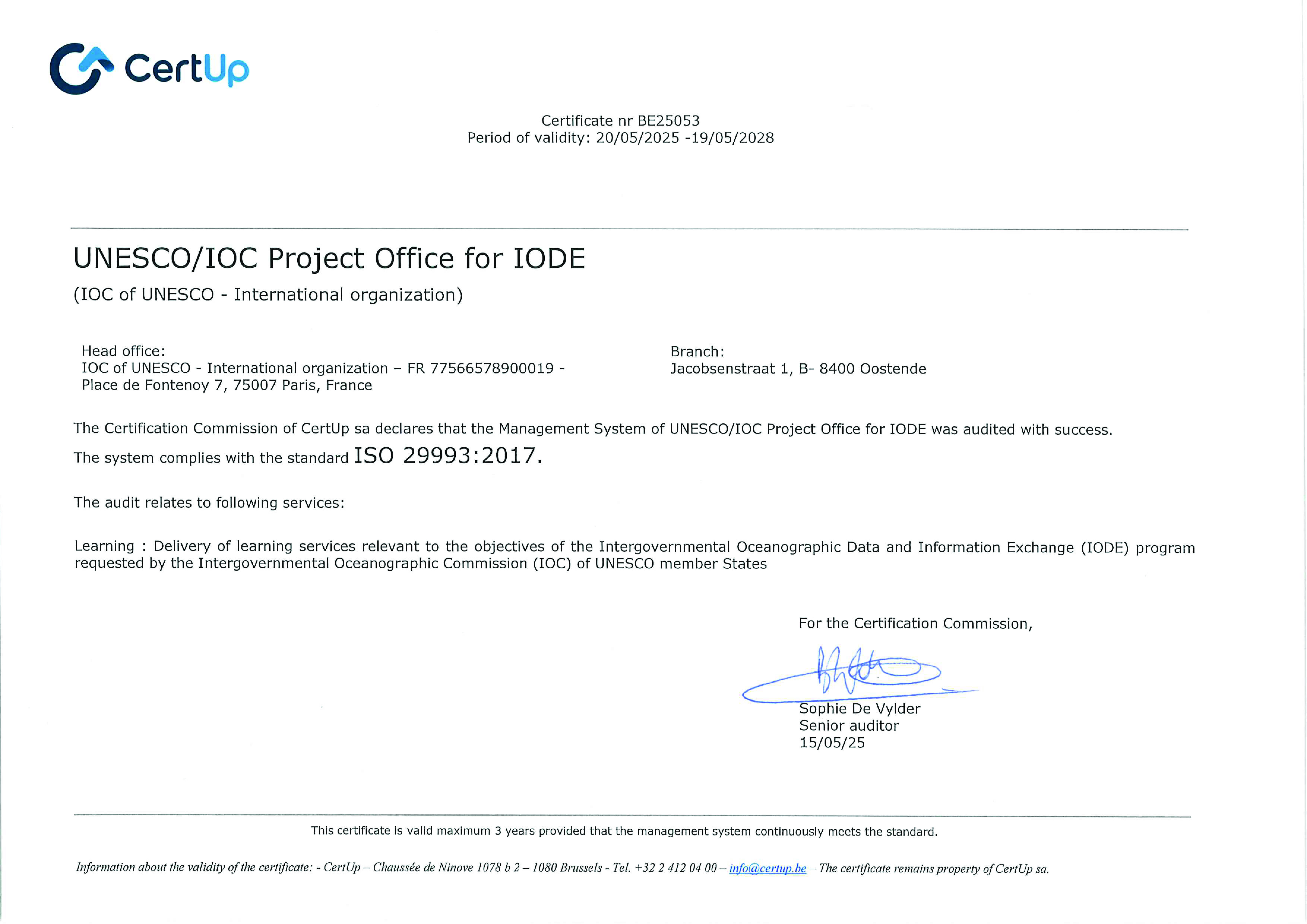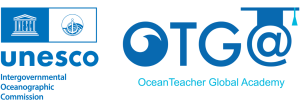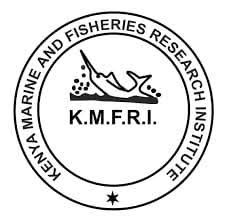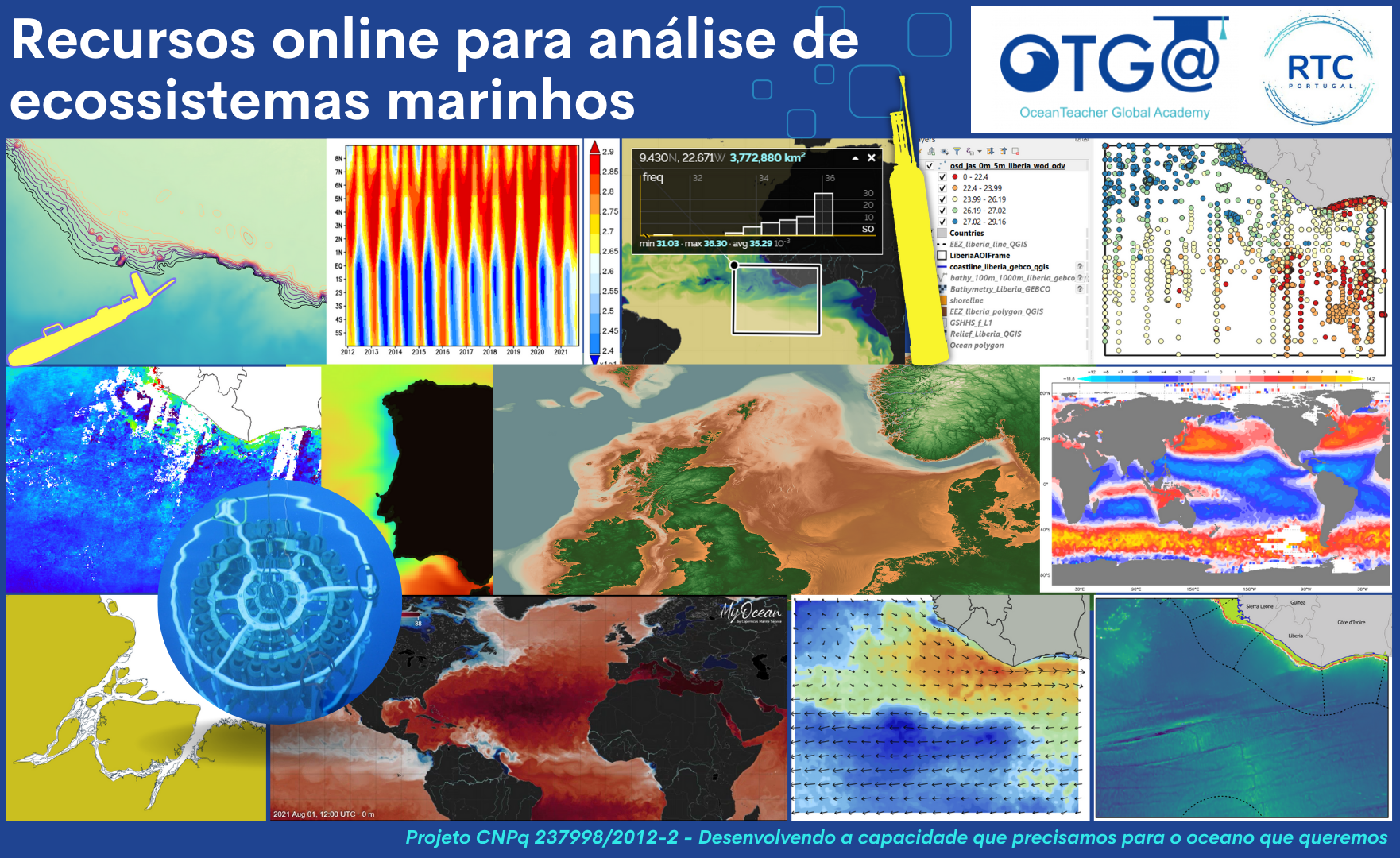The UNESCO/IOC Project office for IODE is proud to announce the renewal of the ISO certification.
The IODE/OTGA eLearning service complies with the ISO 29993:2017, offering guidelines and procedures for learning services outside formal education.
Since 2018 we can count on the CertUp audit office to help us improve the quality of our learning service. Since the start of the OceanTeacher Project in 2009 the academy has grown into the OceanTeacher Global Academy having a network of 17 Regional and Specialized training centres and more then 100 affiliated partners. Together we aim to build a equitable capacity related to ocean research, observations and services in all IOC Member States by delivering training courses on a range of topics addressing the priority areas of the UN Decade of Ocean Science for Sustainable Development and the 2030 Agenda and its SDGs as well as supporting the implementation of the IOC Capacity Development Strategy.
The audit is a unique opportunity to assess and improve the learning services for the community we serve.




